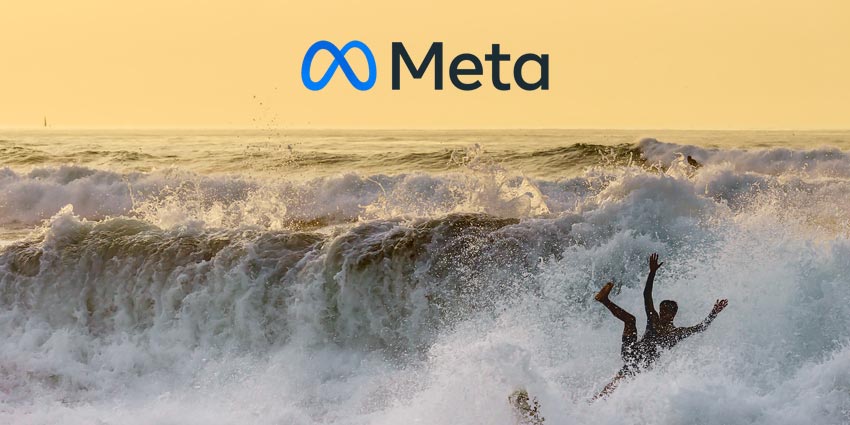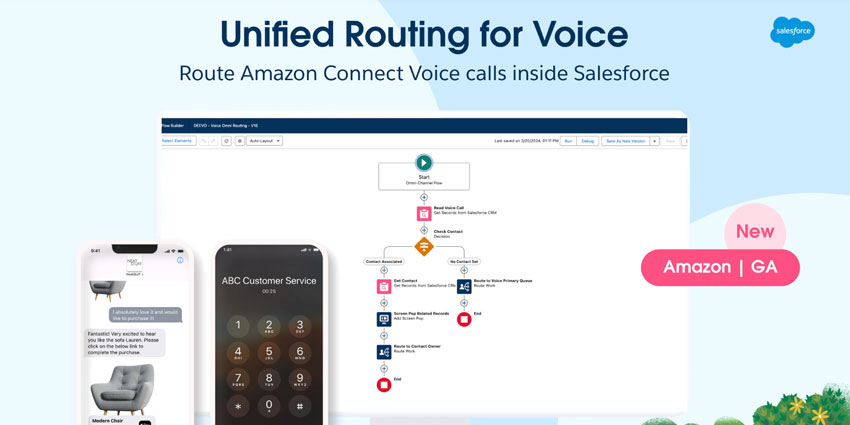“That is going to revolutionize our industry,” said a prominent CX thought leader in 2020, when Meta – then known as Facebook – announced its intention to roll up Kustomer – the CRM platform.
Indeed, many felt the $1BN acquisition would prove a significant step forward for the customer experience world.
Unfortunately, the deal stuttered from the get-go, taking over a year to secure regulatory approval.
In that time, Meta started to strike integration deals with many other prominent CRM vendors, hoping to turn Messenger and WhatsApp into revenue-generating machines.
Perhaps these deals somewhat scuppered any differentiator that Kustomer could deliver.
The case for such an argument came to the fore last month when news broke that Meta plans to sell off much of its stake in the business.
Now, the tech giant is expected to receive a fraction of the $1BN it invested into the CRM provider.
A report from The Wall Street Journal underlined these expectations, suggesting that the vendor “burned through $200MN” since its acquisition.
Yet, Kustomer had significant market momentum prior to the Meta deal.
Just months before Meta made a move for the CRM player, SaaS Magazine named Kustomer one of the Fastest Growing SaaS companies of 2020.
Of course, Kustomer could have prioritized growth over profitability – as many companies, including industry rival Salesforce, have recently admitted to doing.
Nevertheless, the award recognized Kustomer’s “exceptional business performance” alongside industry-leading product ratings and rapid product innovation.
So, how did it go wrong so quite so fast? Losing end-user trust may have proven to be a big factor.
Kustomer’s Decline Underlines a Lack of Trust In Meta
When snapped up by a tech giant, a business typically leverages its name to increase sales. In the case of Kustomer, the move seemed to do the opposite, taking the wind from its sails.
Of course, many may play the economic blame game for such a decline as a recession looms.
Yet, Rebecca Wettemann, Principal at Valior, points to a much pressing problem for Meta. During a recent conversation with CX Today, Wettemann stated:
This is about trust. From the company that sold your data, marketed your data, and everything else. Are you going to trust them with your data? The answer is no.
Indeed, in the run-up to the acquisition, Meta had hit the headlines for all the wrong reasons.
For instance, in 2018, the Federal Trade Commission (FTC) stated that Meta disregarded a previous order, dating back to 2012, in regard to user privacy. As such, the agency gave the company a record-breaking $5BN fine.
That same year, news of the Cambridge Analytica scandal broke, where Meta improperly obtained data from more than seven million users. Some reports have since suggested that swayed the 2016 US elections.
More recently came “The Facebook Papers,” which whistle-blower Francis Hougen shared with the US Congress. These papers included Meta commissioned research outlining how its Facebook platform may harm specific groups of users.
In sharing the documents, Hougen said Meta “put astronomical profits before people.”
Since, Meta has swatted away many more anti-trust lawsuits, which keep rolling in.
Consider the core premise of Kustomer’s CRM. It’s a solution that stores insights into every customer journey. This includes copious amounts of personal data. As such, businesses must work with vendors they trust.
The absence of this trust factor likely stopped Meta from building any momentum in the space, as did the long legal battle to secure approval for the deal in the first instance.
Indeed, the deal took longer than a year to go through, which may have only served to raise customer apprehensions further.
A Match Not Made In Heaven
Meta likely saw an opportunity with its Kustomer acquisition to harness superior data, funnel that into its social networking services, and sell more goods.
Moreover, as Michael Fauscette, Founder, CEO & Chief Analyst at Arion Research, told CX Today:
Meta is very focused on its public messaging apps and how they connect. They must have thought that this would be an on-ramp for that, but that hasn’t worked out.
With the fall of internet cookies, this may have seemed a promising strategy once upon a time.
Yet, as Kustomer has begun to “burn cash,” it seems that – ultimately – businesses gave the strategy an almighty thumbs down.
However, hopefully, there is light at the end of the tunnel for Kustomer. Indeed, The Wall Street Journal indicates that its founders, Brad Birnbaum and Jeremy Suriel, are attempting to buy Meta out – already contacting venture firms to raise funds.
The move may help Kustomer to reengage with many of its clients. Yet, only time will tell.







